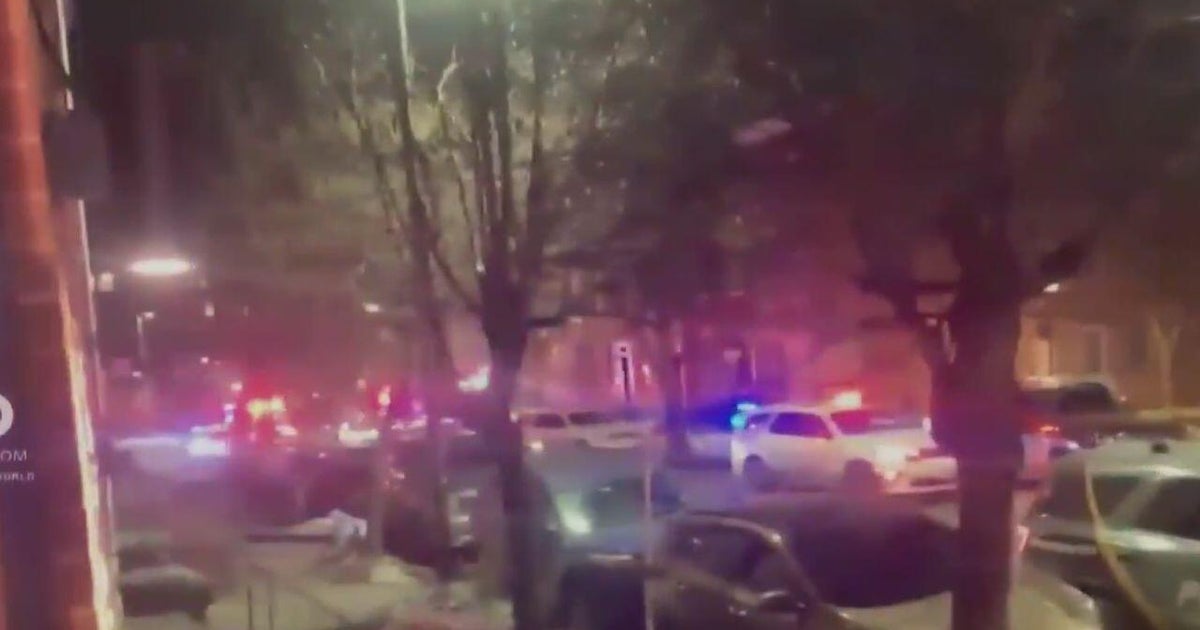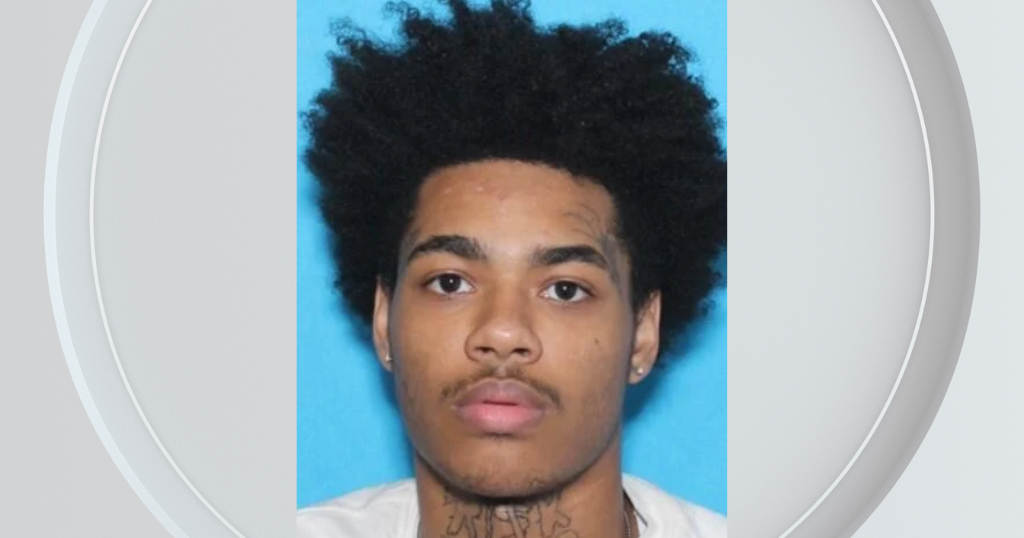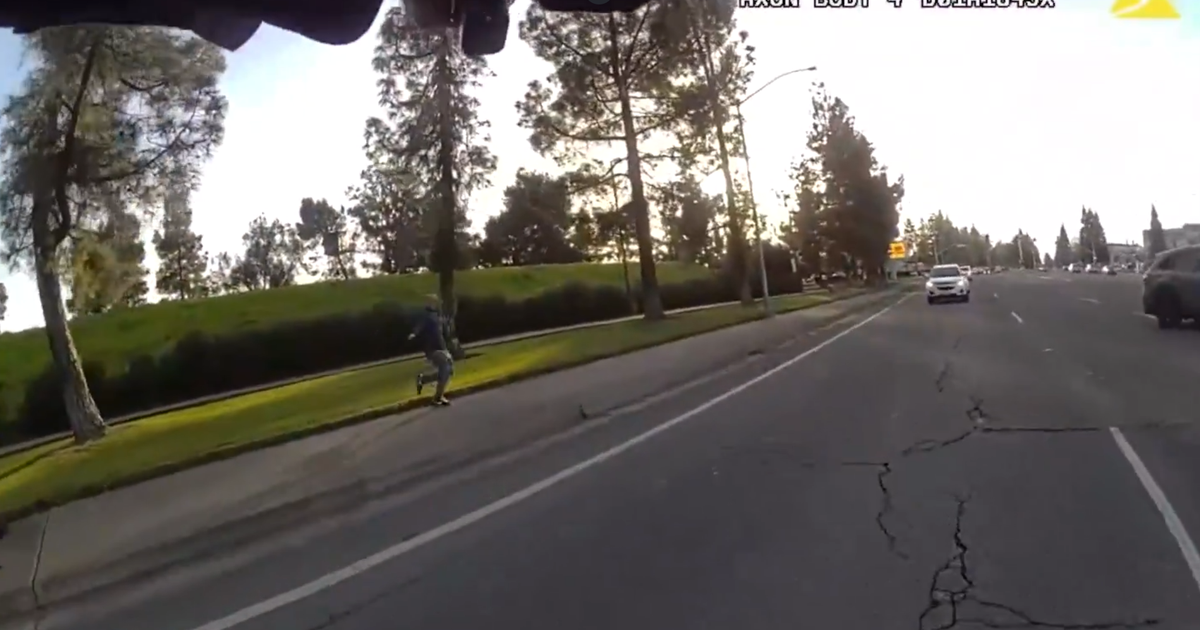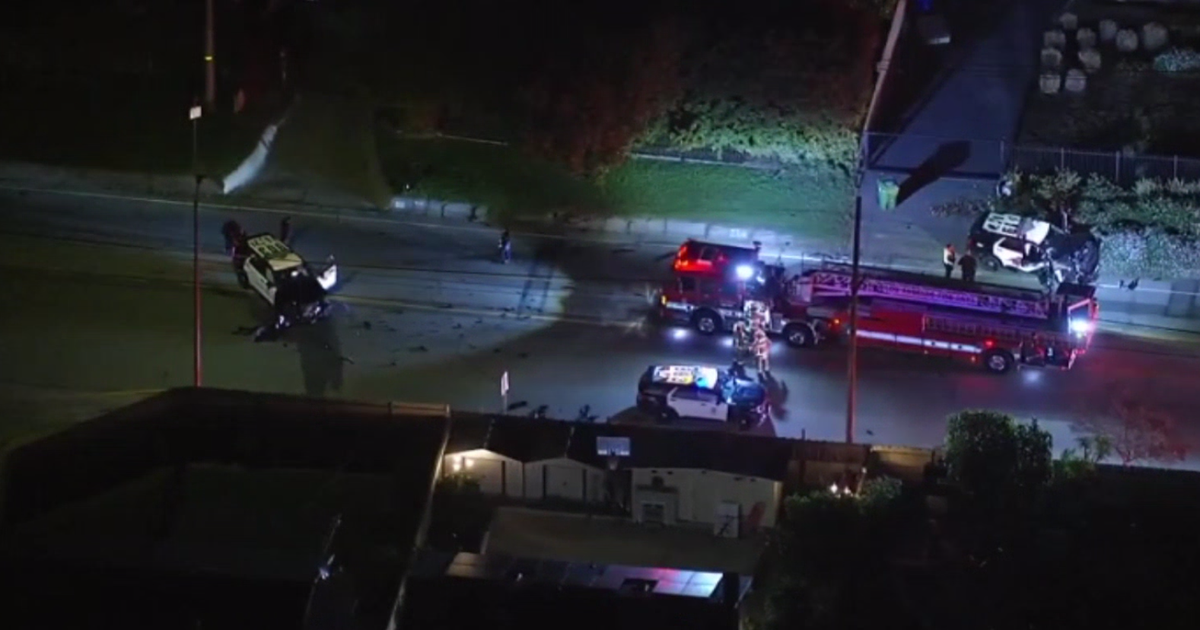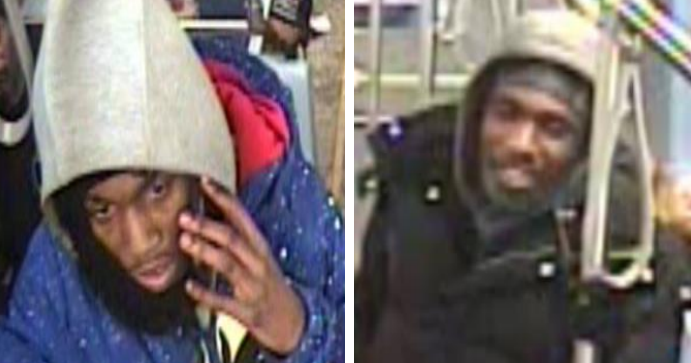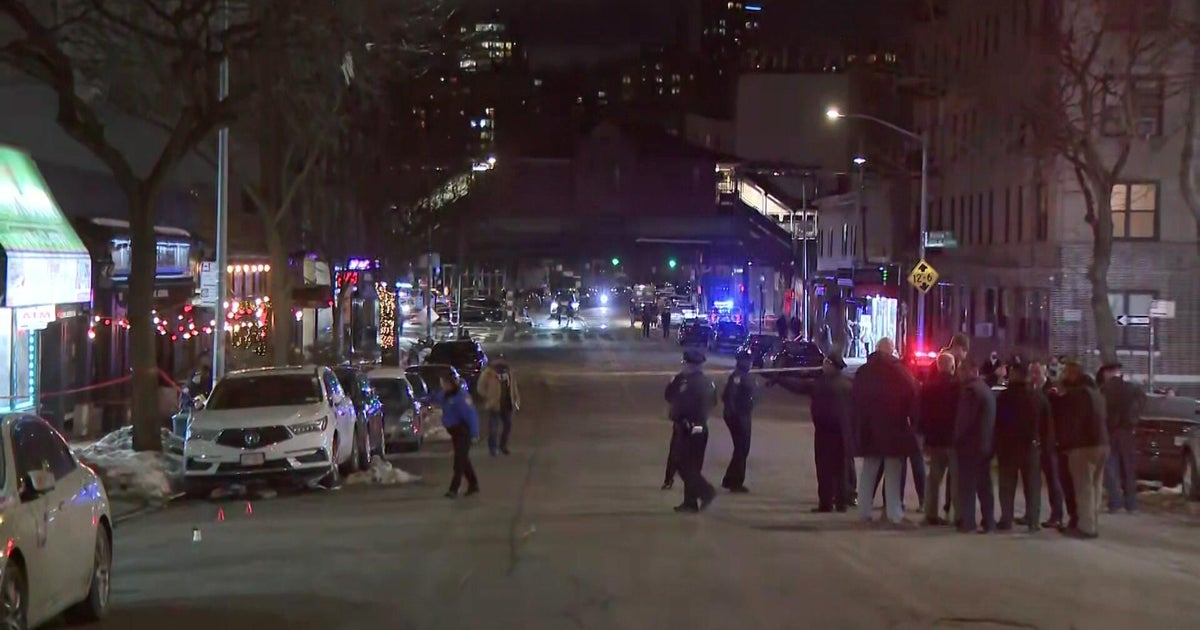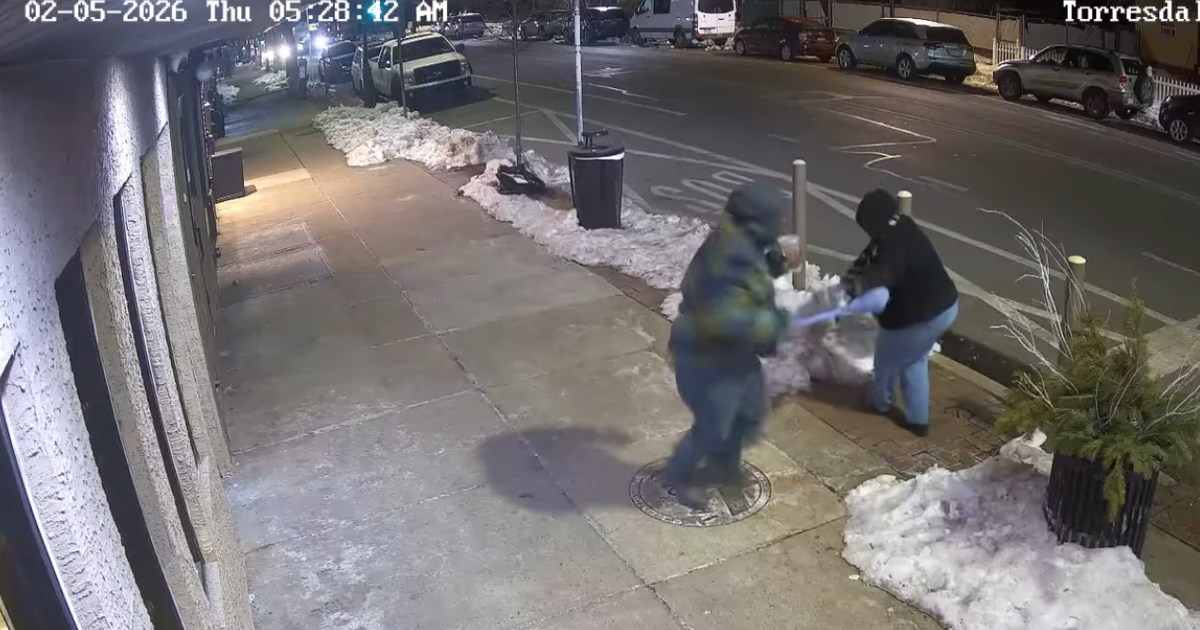How And When Will The Cycle Of Violence & Corruption In Baltimore End?
BALTIMORE (WJZ) -- Stopping violence in Baltimore has been a persistent challenge for years.
In 2017, the city led that nation in murders per capita -- from 97-year-old Waddell Tate, bludgeoned in his home, to 19-year-old Morgan State sophomore Jonathan Tobash, shot when he happened upon a robbery.
"And he's just a good person with a good heart," says his mother Mary Harry. "It's just senseless. There's no reason why... start stopping this endless, senseless killing out here in the street. That's the only hope that I can have that Jonathan didn't die in vain."
The city also dealt with a string of high profile assaults.
In January, Mayor Catherine Pugh fired Police Commissioner Kevin Davis, replacing him with Darryl De Sousa, a 30-year veteran of the force who was confirmed to the job this week.
He's an insider, but the mayor has demanded he find outside-the-box solutions.
"We're also reducing violence," Pugh says. "So everybody, you know, it's like the comeback kid, everybody wants to see when you're down, everybody wants to see you get up."
De Sousa has made changes in leadership, and touted new crime-fighting tech and strategies -- more closed-circuit cameras, the shot spotter system that immediately alerts police to gunfire and predictive policing that uses data to anticipate where violence might break out and flooding that area with officers.
The mayor is launching the Roca program, targeting young men once considered unreachable, with intense efforts to get them to turn their lives around.
"I'm just probably, like, another kid, going through the system who everybody just wanted to brush off," says Tykeam Jackson, a Roca program participant.
"Run from us and tell us to go to hell, you are in," says Molly Baldwin, the Roca founder and CEO.
So far this year, murders are down significantly, as are carjackings, robberies and non-fatal shootings.
"Everyone shares the same passion in the police department that the community does ... we need the violence to stop," De Sousa says.
And in the state's top office, Governor Larry Hogan has stepped in with more state police patrols and warrant sweeps. He's been critical of judges who he says let repeat violent offenders off the hook.
"Why do they think that these same folks are arrested, you know, 11 times or 13 times and why are they still in the street shooting people?" he asks.
Another challenge in the crime fight comes from inside the police department: corruption.
A new unit is investigating allegations of wrongdoing brought to light during the Gun Trace Task Force scandal. Eight officers are already headed to federal prison for robbing people and more.
"A lot of people, I don't believe they believe some of these stories are true, but they are," says Alex Hilton, a man who had been arrested by former members of the corrupt task force. "And it's crazy because we're talking about cops, somebody that's supposed to protect and serve."
De Sousa still has to deal with one of 2017's highest profile murders in Baltimore -- that of Detective Sean Suiter.
It happened in November in West Baltimore, and it remains unsolved. De Sousa wants an outside consultant to come in and review the case.
Suiter was fatally shot the day before he was set to testify in front of a grand jury in the corruption probe.
The number of cases compromised by the corrupt cops may run into the thousands.
"They thought if their conduct was ever called into question, they could essentially fabricate evidence and rely on it," says Leo Wise, Assistant U.S. Attorney who prosecuted the Gun Trace Task Force case.
With huge challenges, there's hope for a better future. That Baltimore can finally put an end to the cycle of violence.
Follow @CBSBaltimore on Twitter and like WJZ-TV | CBS Baltimore on Facebook

